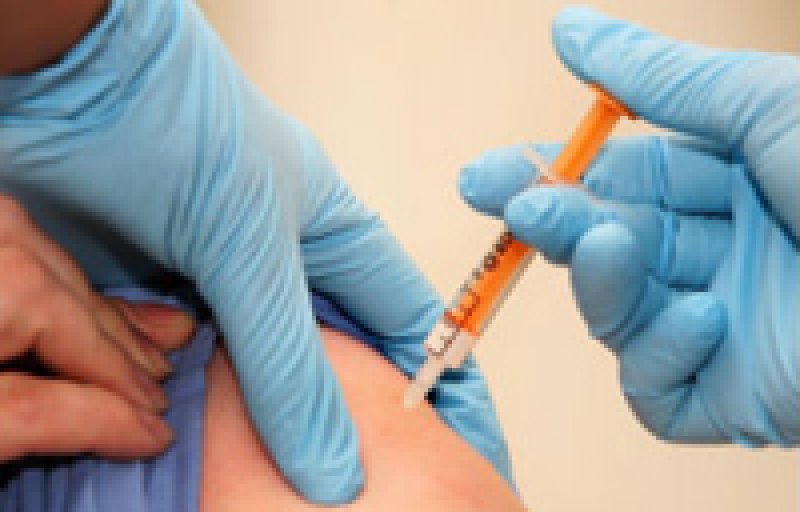Scientists from Harward have created a vaccine from a heart attack

The scientists collaborating with researchers at the University of Pennsylvania have developed a “genome editing” approach for permanently reducing cholesterol levels in mice with a single injection, potentially reducing heart attack risk by up to 90 percent.
In 2003, a group of researchers in France studying families with very high cholesterol levels and very early heart attacks discovered that PCSK9 was a cholesterol regulator, because they found that mutations in this gene seemed to be responsible for the very high cholesterol levels and the early heart attacks. These mutations are extremely rare and are limited to a few families.
But a research group in Texas discovered that about three percent of the population have different mutations in PCSK9 that have the opposite effect—those with the mutations have low-density lipoprotein (LDL or bad) cholesterol levels about 15 to 28 percent lower than the average level.
“Our reasoning was that nature has already done the experiment; you have people who have won the genetic lottery,” said Musunuru. “They are protected from heart attack, and there are no known adverse consequences. So that led us to reason that if we could find a way to replicate this, we could significantly protect people from heart attack.”
It is an outstanding example of how new approaches to disease can emerge when basic science and clinical care are creatively combined. Its a reminder of how important it is for all of us that research is supported if we are going to come up disruptive new thinking to solve major health problems.”